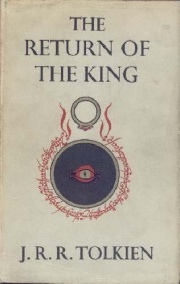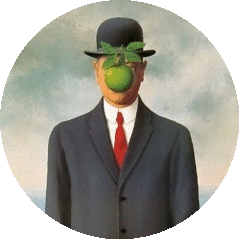LoTR: the coming together of 3 masters
I recently picked up the audio version of the Lord of the Rings trilogy, narrated by Ron Inglis. What sheer pleasure! My last attempt at reading the trilogy was as a teenager fresh from the movies, so perhaps inevitably, I found the books quite hard to follow. “What is this nonsense about the shire? Why is the action hero Aragorn singing poems?” - yes yes, shame on me.

Now that Mr.Inglis has quite convinced me that LoTR is the unsurpassed and unsurpassable work of literature in the English language, I went looking for lore around it. And found this wonderful set of reviews on NYTimes (books 1, 2 and 3). W.H. Auden’s review of part three, in particular, has a brilliant explanation of why the Hero’s journey is such a popular trope and a great way to bring the reader into the protagonist’s first-person narrative:
Life, as I experience it in my own person, is primarily a continuous succession of choices between alternatives, made for a short-term or long-term purpose; the actions I take, that is to say, are less significant to me than the conflicts of motives, temptations, doubts in which they originate. For objectifying this experience, the natural image is that of a journey with a purpose, beset by dangerous hazards and obstacles, some merely difficult, others actively hostile. But when I observe my fellow-men, such an image seems false. I can see, for example, that only the rich and those on vacation can take journeys; most men, most of the time must work in one place. I cannot observe them making choices, only the actions they take and, if I know someone well, I can usually predict correctly how he will act in a given situation.
Such joy there is in watching the masters wield language so expertly. Tolkien’s prose, Inglis’ performance, and then, W.H. Auden’s reviews. Perfect.
